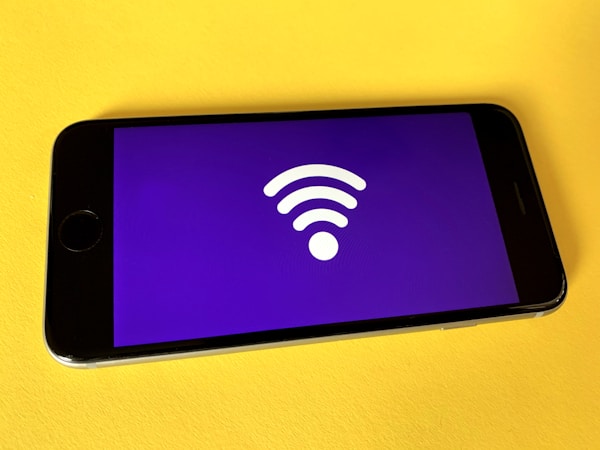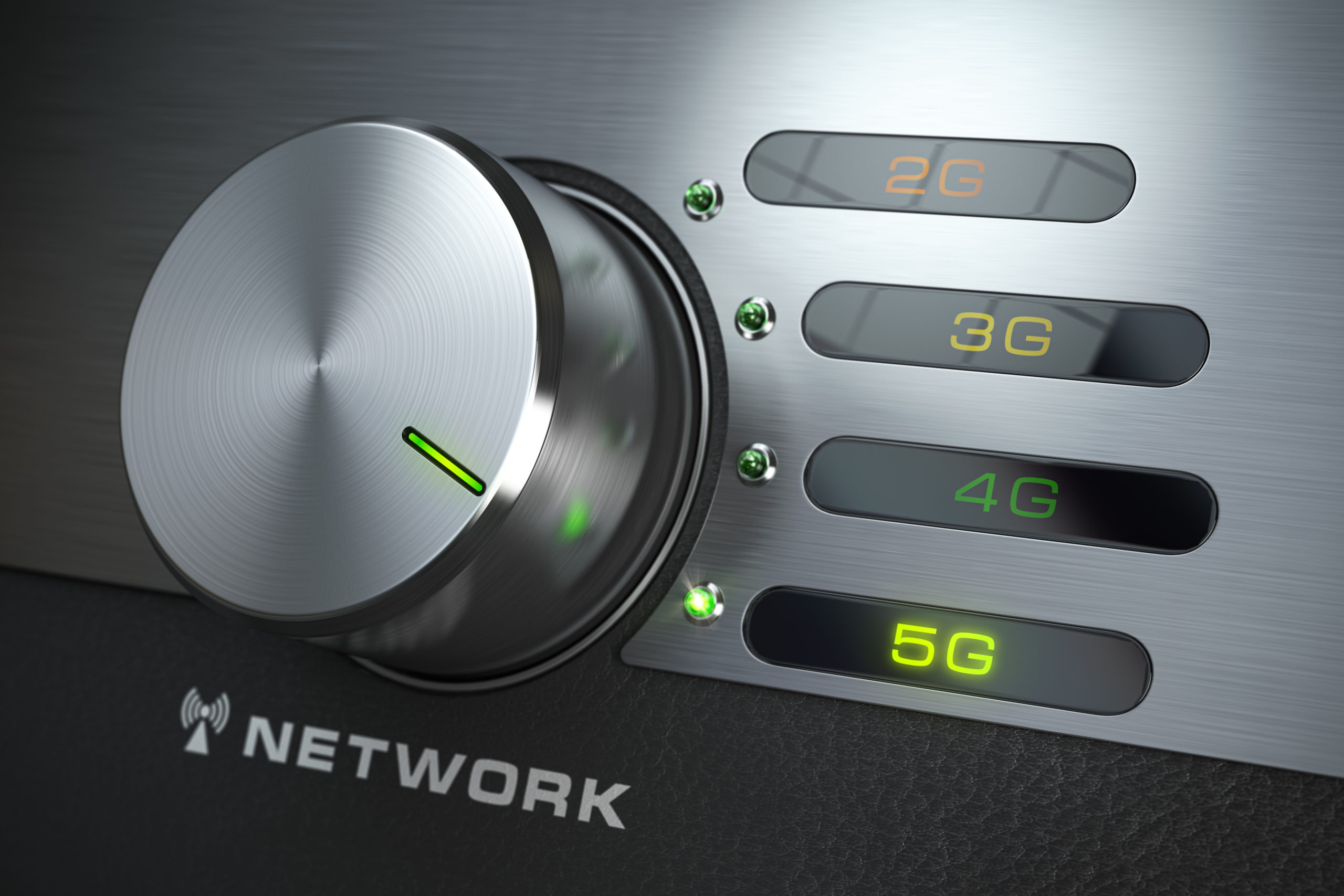The next big thing in the world of mobile internet is 5G. This new standard promises much faster speeds and lower latency than 4G. This means that mobile users will finally be able to experience the same kind of speeds that they currently enjoy with their home broadband connections. But how will 5G achieve this?
5G booster is a cell phone technology that is designed to improve the speed, signal booster, and performance of 5G mobile networks. It does this by using a combination of advanced algorithms and artificial intelligence to manage the network traffic and optimize the use of resources. This allows 5G networks to handle more fast speed traffic. In our increasingly digital world, signal strength has never been more important. Whether you’re in a large building or rural areas, faster data speeds are integral to a functioning world. In this article we’ll discuss the benefits of 5G on your cellular network.
Lower Latency for Real-Time Applications

Latency is the time delay between when an instruction is sent and the resulting action is taken. The lower the latency, the faster the system can respond to requests. In the context of mobile networks, low latency is critical for real-time applications, such as voice and video calling, online gaming, and autonomous vehicles. Latency is affected by a variety of factors, including the distance between the devices, the number of devices connected to the network, the type of traffic, and the network congestion. 5G is designed to reduce latency by using a combination of new technologies and optimizations.
For example, 5G will use high-frequency millimeter wave spectrum, which can carry more data than traditional spectrum bands. This will allow 5G networks to have more bandwidth and reduce the congestion that can cause latency. 5G will also use new techniques to direct signals to specific devices, which will minimize the distance the signals have to travel. And 5G networks will be able to assign specific tasks to specific devices, which will minimize the number of devices that need to communicate with each other.
Together, these technologies will allow 5G networks to achieve latencies of less than 1 millisecond, which is significantly lower than the latencies of 4G networks. This will enable a new generation of real-time applications that were not possible on previous networks.
Better Spectral Efficiency

Spectral efficiency is a measure of how much data can be transmitted over a given amount of radio frequency spectrum. 5G will be able to transmit more data over the same amount of spectrum as 4G, which in turn will result in faster mobile internet speeds. 5G will also be able to handle more simultaneous connections than 4G, meaning that more people will be able to use the internet at the same time without experiencing slowdown. This is particularly important for applications such as streaming video and online gaming, which require a lot of bandwidth. 5G will also make use of new radio frequency bands that are not currently being used for mobile internet, which will help to increase capacity even further.
Quicker Downloads and Streaming Speeds

The article discusses how 5G will improve mobile internet speeds. 5G is the fifth generation of mobile networking technology, and it is expected to be much faster than current 4G networks. 5G is still in development, but early tests have shown that it can achieve download speeds of up to 10 gigabits per second. This is much faster than the average download speed of 300 megabits per second on 4G networks. 5G will also be able to handle much more traffic than 4G. This is because 5G uses a much higher frequency band than 4G, which allows 5G to send more data signals at once, which means that there can be more users on a 5G network at the same time.
5G is still in development, and it is not yet clear when it will be released. However, when it is released, it is expected to greatly improve mobile internet speeds.
Beamforming technology is also used to improve data transmission rates. This technology directs the signal from the cell tower to the device, ensuring that it is received in the best possible way. This reduces interference and allows for data to be transmitted at faster speeds. All of these factors together mean that 5G networks will be able to deliver significantly faster speeds than 4G networks. This will be a huge improvement for mobile internet users and will allow them to access the internet in a much more efficient way.
Overall, 5G will improve mobile internet speeds because it is much faster than 4G. 5G is also more reliable because it has a higher capacity and can handle more devices. This means that 5G will be able to handle more data and provide a better user experience. Contact a professional installer to find the right service providers for all your 5G needs. 5G offers high capacity and the best results, a necessary addition to all homes or offices, whether you’re in rural areas or major cities.







